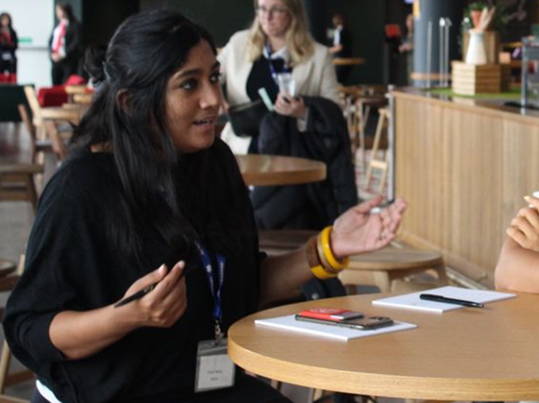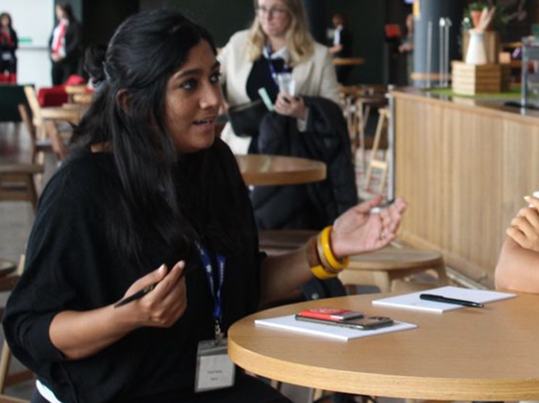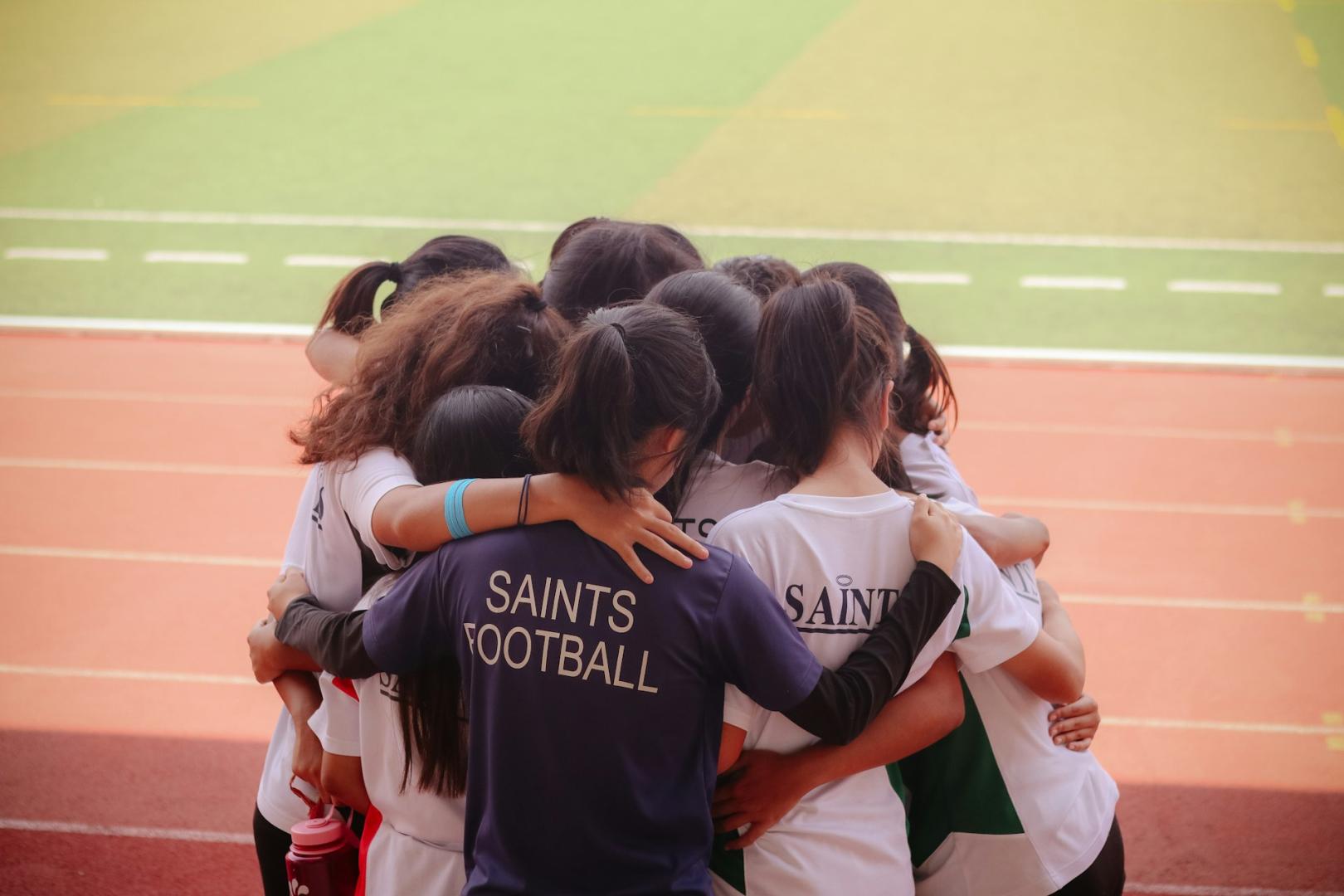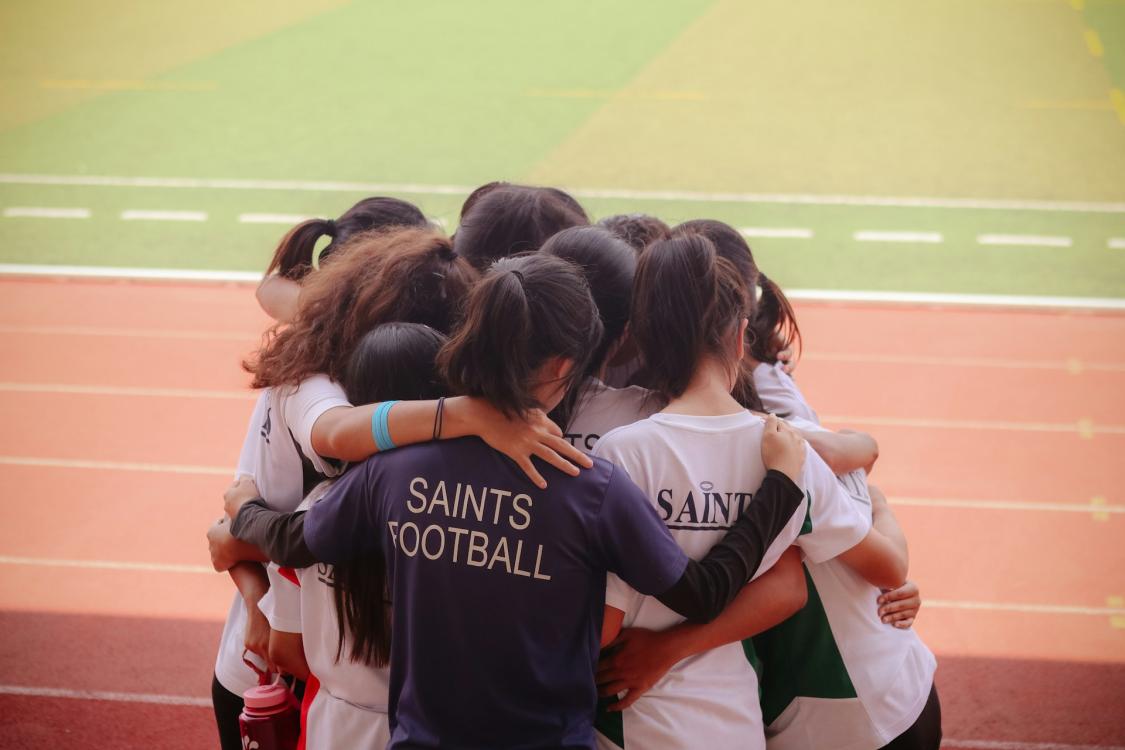Sport has long been a powerful platform for promoting development and peace. It encourages physical health, fosters community spirit, and can even serve as a catalyst for societal change. At the recent 8th Commonwealth Debate on Sport and Sustainable Development, I had the privilege of advocating for the motion, "Artificial Intelligence is the answer to accelerating the power of sport to help achieve the Sustainable Development Goals by 2030." This discourse underscored the transformative potential of AI in sports, particularly in advancing the United Nations' Sustainable Development Goals (SDGs).
At Upshot, as a tech4good social enterprise, we are constantly looking at emerging technologies which will help further the cause of all the sectors in the non-profit world we work with. Like many others we are only dipping our toes into using Artificial Intelligence (AI) for data functions such as data analysis, writing content and doing research. However the potential is clearly emerging and it would seem to be huge in all sectors - and certainly in sport for development, where use of technology and resources has historically been far from equitable for those delivering or even funding.
The Convergence of AI and Sport for Development
AI encompasses a range of technologies that can analyze complex data and automate responses or actions. In the realm of sport for development, AI opens up innovative avenues for achieving and tracking progress towards the SDGs. For instance, AI can optimise resource allocation, enhance participant performance, and elevate audience engagement, all the while promoting social and economic development through sports.
One compelling application of AI is in managing and optimising logistical aspects of sports events in developing regions. AI-driven solutions can streamline event planning, transportation, and crowd management, making sporting events more accessible and enjoyable, thereby encouraging greater community participation. Furthermore, AI can facilitate participant identification across remote or underprivileged areas, ensuring that no potential beneficiary goes unnoticed due to geographical or socio-economic barriers. AI is already being used to identify hate speech online to support organisations EDI (Equality, Diversity and Inclusion) goals and AI tools can help us process large data sets quickly and easily saving staff time so they can focus on delivering.
Enhancing Accessibility and Inclusion
AI technologies can also play a crucial role in making sports more inclusive. For example, AI-powered prosthetics and assistive devices can help differently-abled athletes perform at their best, promoting inclusivity in sports. Additionally, AI can be used to tailor physical education programs in schools to suit the needs of diverse student populations, fostering a culture of physical activity from a young age.
Moreover, AI can enhance the participant experience by providing personalized content and improving accessibility for people with disabilities through automated, real-time captioning and audio descriptions at sports events. These innovations not only boost fan-engagement but also ensure that sport remains a universal language of inclusion and enthusiasm.





